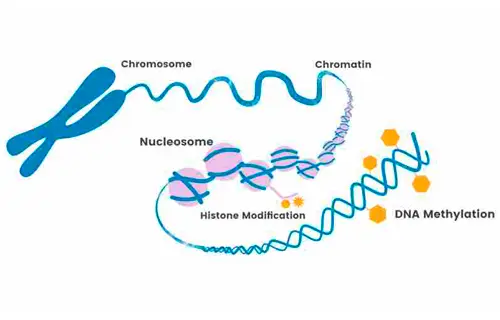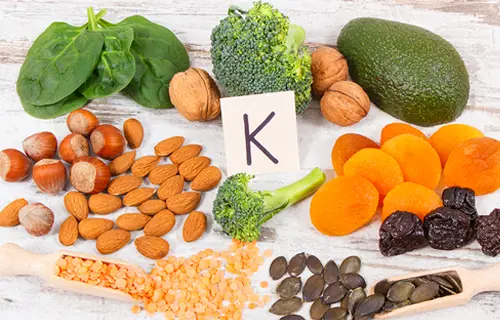Gene for lactose intolerance

If you tested your DNA with a personal genomics service like 23andMe, AncestryDNA, FamilyTreeDNA, MyHeritage or another testing company, you can learn more about your risk factors for hundreds of diseases. By clicking the button above ⬆️, you can upload your raw DNA data file and receive a personalized 250-page health report with research links that is the most comprehensive.
Lactose intolerance is a condition characterized by difficulty digesting lactose, a sugar present in milk and various dairy products. Typically, lactose is broken down by an enzyme called lactase, produced by cells lining the small intestine. Both genetic and non-genetic factors can contribute to the lack or loss of lactase production.
Congenital lactase deficiency, also known as congenital alactasia, is a disorder wherein infants are unable to metabolize the lactose present in breast milk or formula. This type of lactose intolerance leads to severe diarrhea in affected infants. Without lactose-free infant formula, these infants may suffer from severe dehydration and weight loss.
Primary lactose intolerance, also known as natural lactase deficiency in adulthood, is genetically determined and linked to specific genotypes of two polymorphisms (13910-C/T and 22018-G/A) within the regulatory region of the lactase gene (LCT). To date, it is understood that individuals homozygous for the "normal" (wild type) variants 13910-C/C or 22018-G/G develop lactose intolerance, while those heterozygous for the polymorphisms (13910-C/T or 22018-G/A) only exhibit symptoms under stressful conditions or during intestinal infections. Conversely, homozygous carriers of the 13910-T/T or 22018-A/A genotype retain lactose tolerance into adulthood and remain asymptomatic. These genetic variations are considered the "mutated" state and are particularly prevalent in population groups with a long history of intensive dairy farming, such as those found in Europe.
Follow the link of the selected polymorphism to read a brief description of how the selected polymorphism affects Lactose and see a list of existing studies.
SNP polymorphisms related to the topic Lactose:
| rs4988235 | Is one of two SNPs linked to the primary haplotype associated with hypolactasia, more commonly known as lactose intolerance in European populations. |
| rs182549 | Is one of two SNPs linked to the primary haplotype associated with hypolactasia, more commonly known as lactose intolerance in European populations. |
| rs2278544 | |
| rs2322659 | |
| rs2304371 | |
| rs145946881 | |
About The Author
Li DaliLi Dali, a National Foundation for Outstanding Youth Fund recipient, is a researcher at the School of Life Sciences in East China Normal University. He earned his PhD in genetics from Hunan Normal University in 2007 and conducted collaborative research at Texas A&M University during his doctoral studies. Li Dali and his team have optimized and innovated gene editing technology, leading to the establishment of a world-class system for constructing gene editing disease models.


